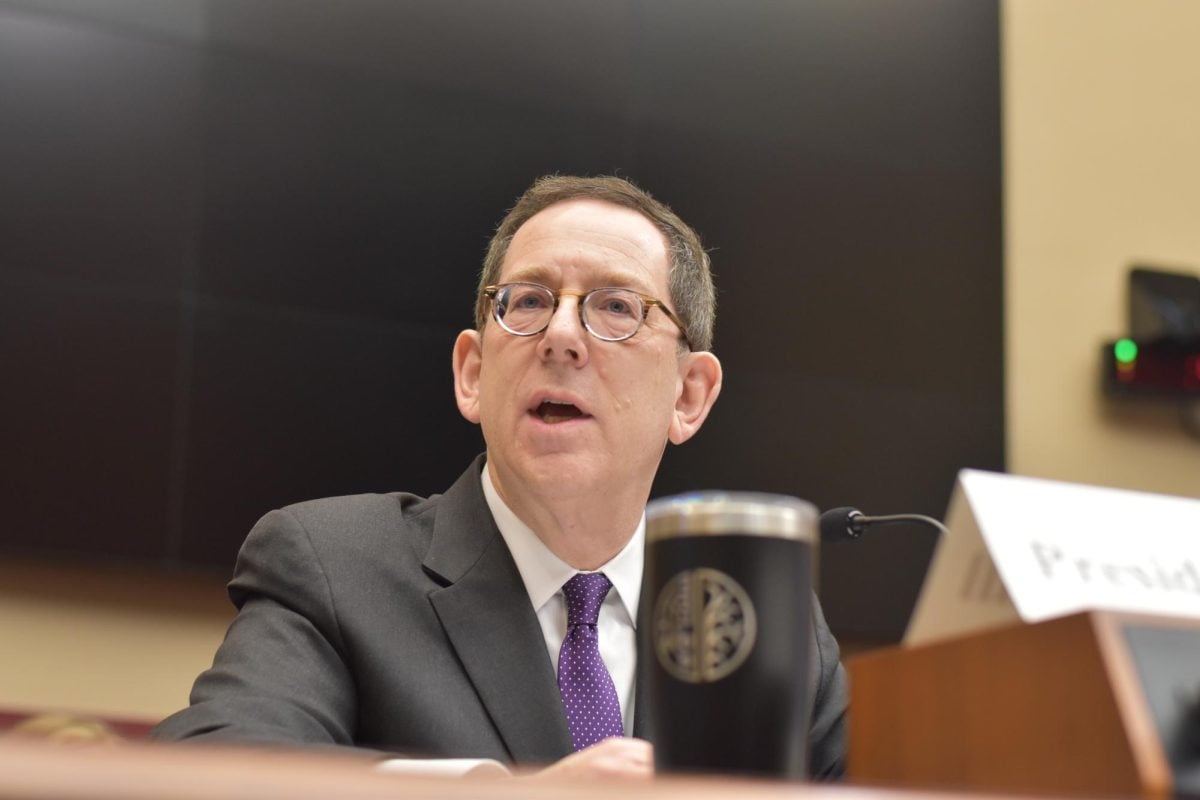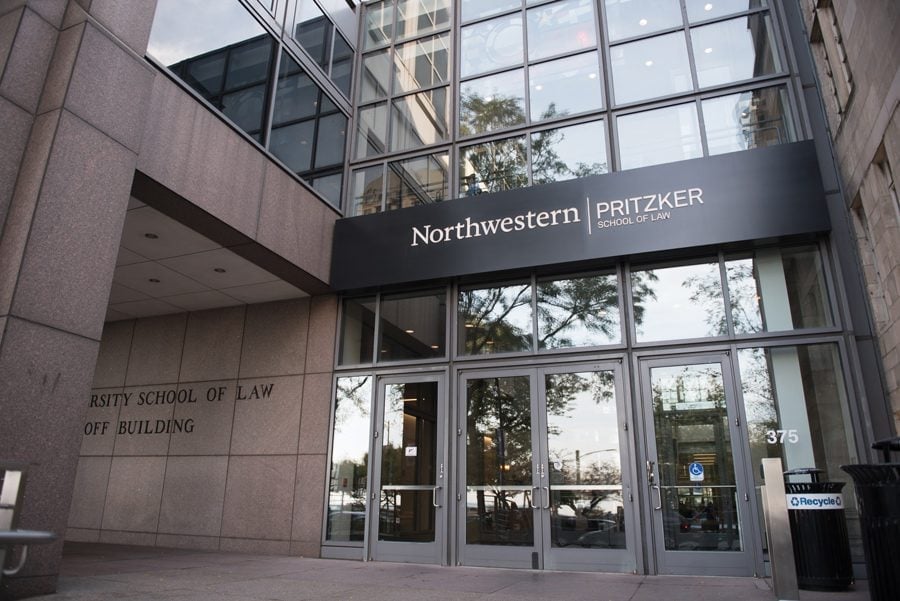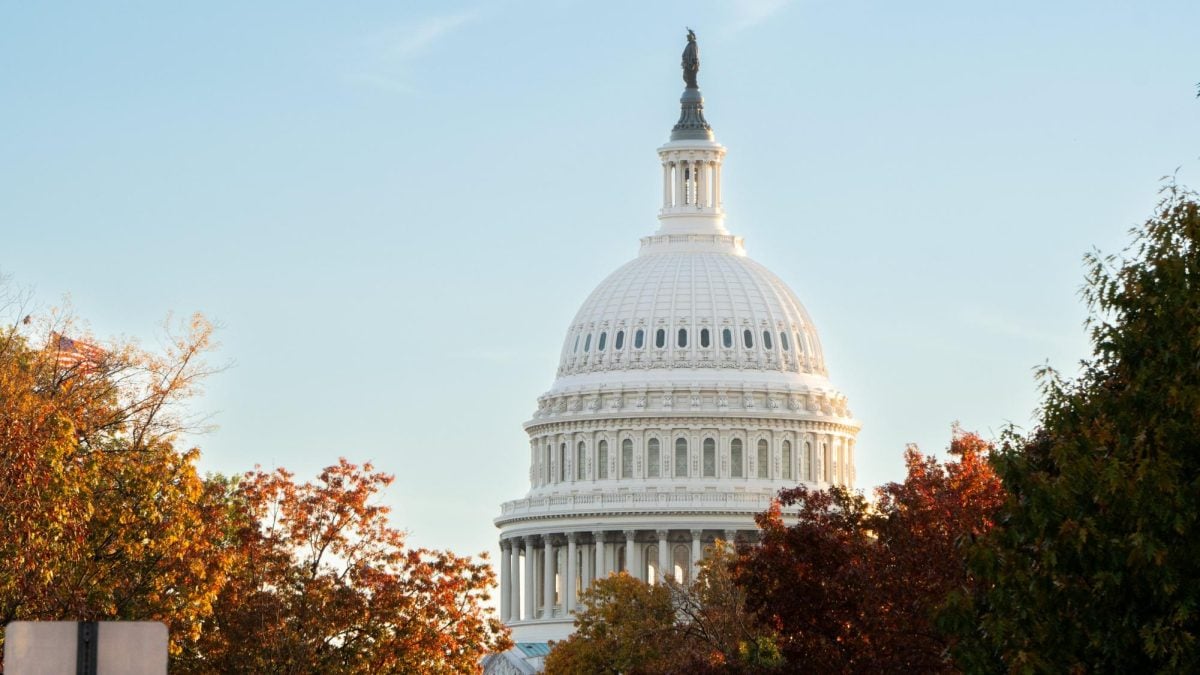Northwestern University Health Service-Evanston Pharmacy will now accept most major private commercial insurance plans.
Previously, the pharmacy only accepted students who were covered under the Northwestern University/Aetna Student Health Insurance plan, NUHS director John Alexander said. The change will apply only to the pharmacy, and not other branches of health services, he explained, because the University does not charge for doctor visits with the exception of outside tests or X-rays.
“We hope to be able to deal directly with personal insurers for well over 95 percent of national companies,” Alexander said. “Over the last year, we have been doing a huge amount of contract work.”
Alexander said the new change applied to hundreds of prescription plans, including those at companies that offer plans applying exclusively to prescriptions and those providing prescriptions to overall plans. He said the University began negotiations with the companies that covered the largest numbers of students first.
“We’re moving down the priority list,” he said.
During the 2011-2012 school year, 6,818 enrolled students were covered by the Aetna Student Health plan, said Christopher Johnson, director of risk management and safety. Because all students are required to have Aetna Student Health or their own health insurance plan, this means about two-thirds of the 19,000 Northwestern students had health insurance plans through a third party last year.
The numbers for the current school year are not yet available because the deadline to register for Aetna Student Health is Oct. 1, Johnson added.
The decision to accept the new insurance policies will have the largest impact on undergraduates. Currently, approximately 2,000 undergraduates are on the Aetna Student plan, Johnson said. Therefore, about three quarters of the 8,000 NU undergraduates have insurance through a third party and may be affected by this change.
Weinberg junior Brayan Luna is on his family’s insurance plan. In the past, he has gone to CVS Pharmacy to fill prescriptions.
In the future, he said he would prefer to purchase medicine from the NU pharmacy in Searle Hall.
“It’s closer, so it would definitely be more of a convenience,” Luna said. “I definitely feel more comfortable dealing with the university than other parties. In a way, I feel like I can trust them more.”
For other students, the change will make little difference. Weinberg senior Mary Lin said even if the school’s pharmacy did accept the insurance she has through her family’s plan, she most likely would not use it.
“I would probably just go to CVS,” Lin said. “It’s closer. I live off campus.”
As the new health care law goes into effect, Alexander said it made sense to make this change now.
With the passing of the 2010 Patient Protection and Affordable Care Act, Americans under the age of 26 are guaranteed coverage by their family’s heath case plans. Alexander said while this law already was in effect in Illinois, the University expected to see more undergraduates using family plans.
Johnson said the expected increase in students using third company insurance plans has yet to be seen. In the past four years, the number of students using the Aetna Student Health Insurance has actually increased by about 1,000, from 5,500, he said.












